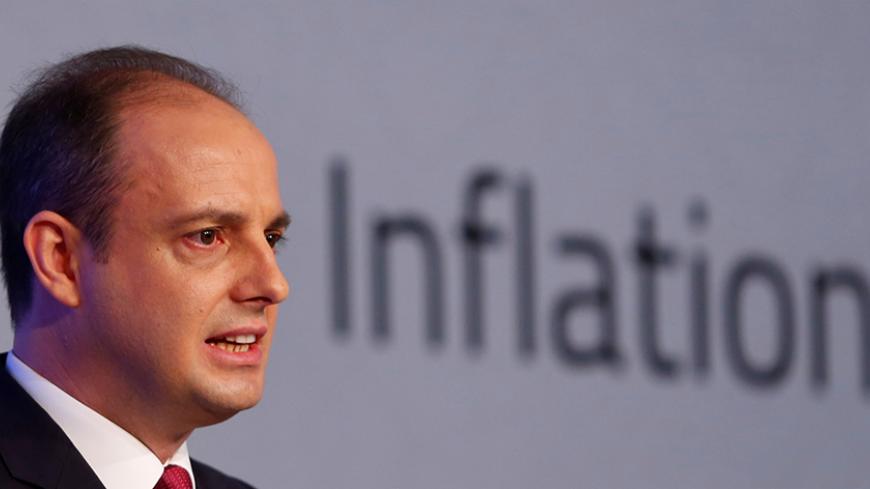Risk indicators are on the rise for the Turkish economy, which relies heavily on the inflow of foreign capital to grow. Foreign investors are closely watching the situation and reviewing decisions.
Credit default swaps are a major indicator measuring country risks, denoting the insurance premium on money invested in a country’s government bonds. The higher the credit default swaps, the higher the country risk. According to economic sources such as Reuters and Bloomberg, Turkey’s credit default swaps reached 250 in October, the second highest among emerging economies after Brazil with 266. South Africa is third, almost neck and neck with Turkey, followed by Russia, whose risk premium has been on the decline, falling to 218 in October.



